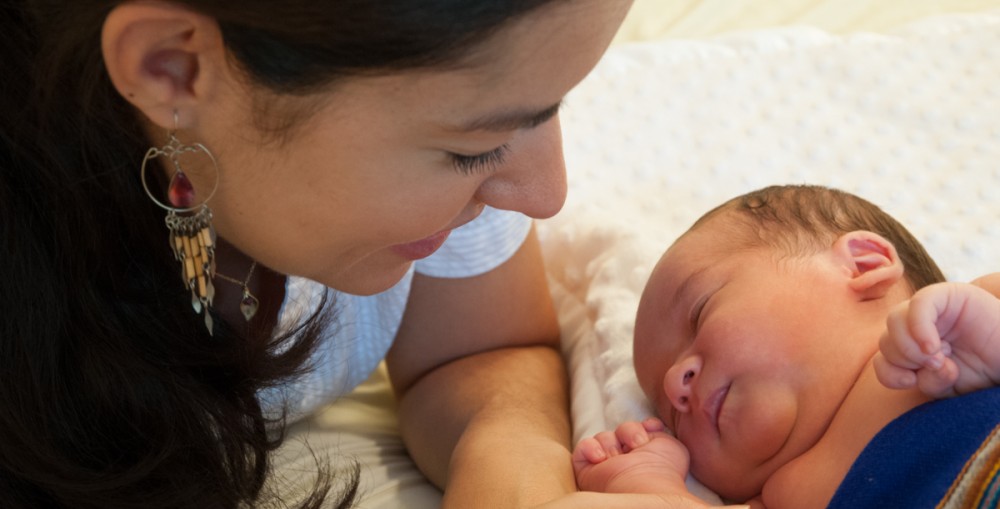Brenna’s presentation on HIV make me think of this article I read a while back about why women don’t take HIV medication, even when it is provided to them for free. The article talks about a study in South Africa where 5,000 women were given either HIV gel or a pill to prevent the transmission of HIV during intercourse. However, the study was interrupted when it was discovered that women were not taking the medication even though they claimed to take it every day. The article states, “more than 90 percent of the women claimed to be complying. But blood samples told a different story: Just 24 percent were using the gel, and only 30 percent were taking the pills.” The article then progresses to talk about the reasons why the women chose not to take the medication. I wanted to see what you all think about the article and if you all think that the reasons the women report not using the medication would be the same in different cultures?
http://www.npr.org/blogs/goatsandsoda/2014/11/13/363595295/yes-doctor-i-took-my-anti-hiv-meds-but-really-i-didnt

This is a really interesting article regarding to the reasons why women choose not to take the medication. I feel that this article echoes the importance of community mobilization. The stigmas and myths surround HIV creates such a large barrier for understanding of the disease. It prevents women who need treatment from getting treatment. Having a community effort in treating those affected by HIVs really would reduce some of the misconception about the process and medication process of the disease. The root of the problem is the stigma and misconceptions attached to this disease. It is certainly important that prevention of the disease is emphasized. However, as this article shows, without community support and acceptance, no matter how miraculous the drug is, the disease will not be able to treat the community.
I agree with Josephine, the stigma is one of the more complex things to combat. As I mentioned in class “The Condom Man” stated he knew he could beat HIV/AIDS by eliminating the stigma around it, by letting people know they are still valued if they are infected, and to teach others to still value them. It’s obviously frustrating to make such good progress only to be deterred by societal pressures. Sad, but another aspect of the fight against the illness.